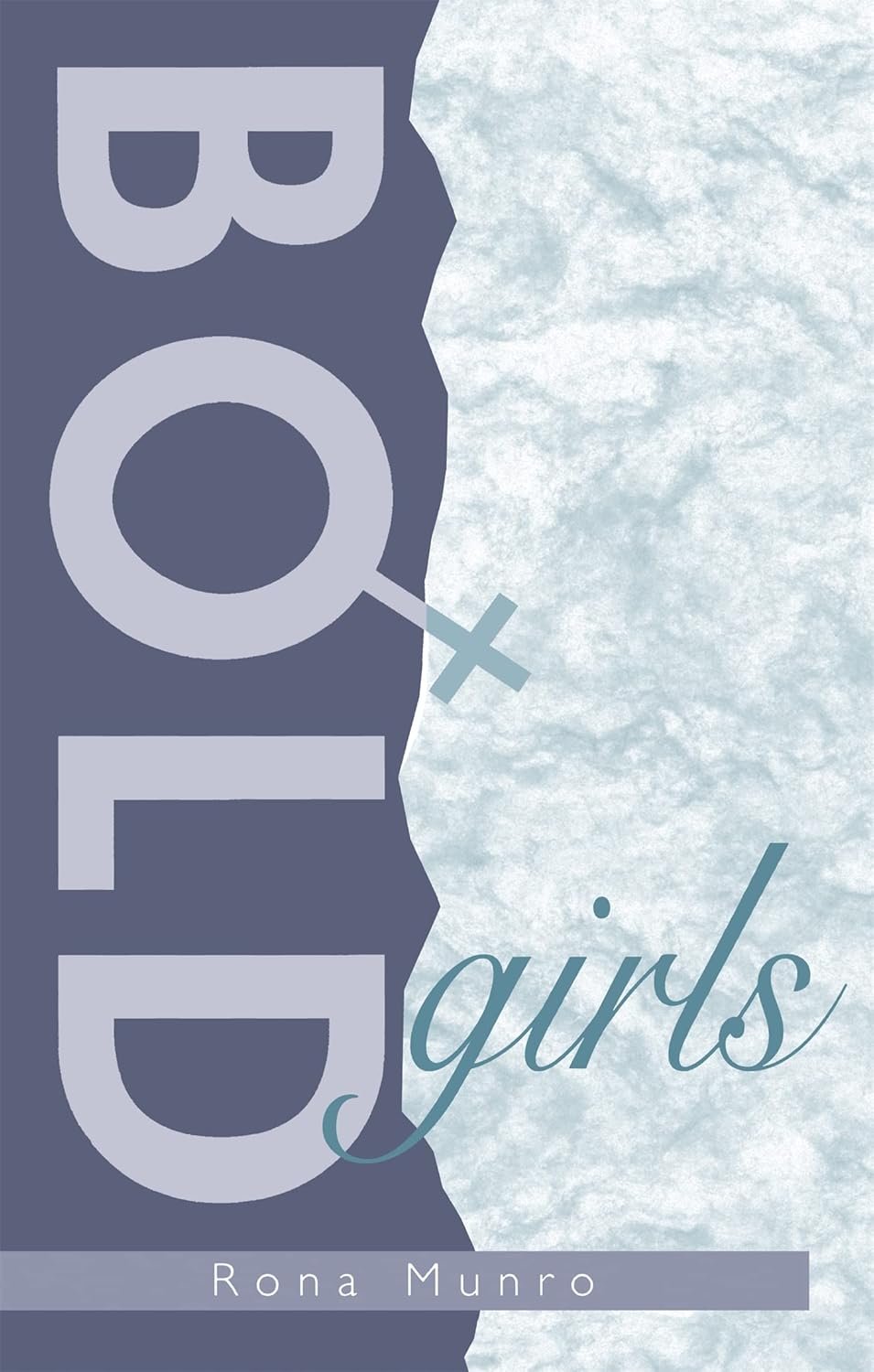Best Modern Scottish Plays
Scotland’s theatre scene is renowned for its bold storytelling, rich cultural themes, and diverse voices. From politically charged dramas to deeply personal narratives, these modern Scottish plays reflect the nation’s evolving identity and creative energy.
Black Watch by Gregory Burke
A visceral exploration of the lives of Scottish soldiers during the Iraq War, Black Watch blends gripping storytelling with innovative staging. Winning multiple awards, including a Critics’ Circle Theatre Award, this play is one of the most celebrated works in modern Scottish theatre.
Bondagers by Sue Glover
This poetic drama delves into the lives of women agricultural labourers in 19th-century Scotland. Bondagers captures the resilience, camaraderie, and challenges faced by these women, becoming a staple in Scottish theatre.
The James Plays by Rona Munro
This epic trilogy (James I: The Key Will Keep the Lock, James II: Day of the Innocents, James III: The True Mirror) brings 15th-century Scottish history to life. Combining historical drama with contemporary relevance, these plays have toured internationally to widespread acclaim.
The Cheviot, the Stag and the Black, Black Oil by John McGrath
A cornerstone of Scottish political theatre, this play examines the exploitation of Scotland’s land and people through a ceilidh-style performance. It’s a biting social commentary that remains as relevant today as when it premiered.
Midsummer [A Play with Songs] by David Greig
This charming romantic comedy blends theatre and music to tell a relatable story about love, regret, and second chances. With its heartfelt narrative and engaging songs, it has become an audience favourite.
Lifeboat by Nicola McCartney
Based on true events, Lifeboat recounts the harrowing story of two teenage girls surviving a shipwreck during World War II. A powerful exploration of resilience and friendship, it continues to resonate with audiences.
What Girls Are Made Of by Cora Bissett
A semi-autobiographical play chronicling Bissett’s teenage years as an indie rock musician, What Girls Are Made Of is a vibrant blend of storytelling and live music, capturing the highs and lows of fame and personal growth.
Decky Does a Bronco by Douglas Maxwell
This nostalgic yet heartbreaking play explores friendship, innocence, and loss through the lens of childhood summers. Its universal themes have made it a compelling and widely performed work.
The Moira Monologues by Alan Bissett
This solo show brings to life the unforgettable character of Moira Bell, a sharp-witted, no-nonsense cleaner from Falkirk. With humour and poignancy, The Moira Monologues offers a vivid slice of Scottish life.
Dunsinane by David Greig
A bold sequel to Shakespeare’s Macbeth, Dunsinane examines the aftermath of Macbeth’s downfall, focusing on power struggles, war, and cultural identity. Its nuanced exploration of history and politics makes it a standout in modern Scottish theatre.
Passing Places by Stephen Greenhorn
Two restless teenagers, Alex and Brian, steal a surfboard and embark on a chaotic road trip across Scotland in search of adventure and escape from their mundane lives in Motherwell. Along the way, their encounters with quirky characters and unexpected challenges force them to confront their identities, friendship, and dreams of belonging.
Roadkill by Cora Bissett
This immersive and harrowing play confronts the brutal realities of human trafficking through innovative multimedia and site-specific performances. Roadkill is a visceral and unforgettable experience.
The Steamie by Tony Roper
Set in a Glasgow washhouse on Hogmanay in the 1950s, The Steamie follows four women—Mrs. Culfeathers, Magrit, Dolly, and Doreen—as they gather to do their last wash of the year. Through laughter, gossip, and heartfelt moments, the play captures their dreams, struggles, and the enduring sense of community that binds them.
Caledonia by Alistair Beaton
Caledonia satirically chronicles Scotland's doomed 17th-century attempt to establish a colony in Darien, Panama, driven by dreams of wealth and glory. As ambition collides with greed, poor planning, and corruption, the play exposes the tragicomic consequences of national pride and misplaced optimism.
The Straw Chair by Sue Glover
The Straw Chair follows newlywed minister Aneas and his young wife Isabel as they arrive on the remote St. Kilda archipelago in the 18th century, expecting a simple religious mission. Their encounter with the exiled Lady Grange reveals a harrowing tale of betrayal, challenging their perceptions of faith, power, and the cost of freedom.
Outlying Islands by David Greig
In Outlying Islands, two young naturalists, John and Robert, are sent to a remote Scottish island in 1939 for a covert military survey. As they clash with their host Kirk and his enigmatic niece Ellen, the island's isolation and wild beauty awaken buried desires, blurring the boundaries between civilization and primal instinct against the backdrop of impending war.
Bold Girls by Rona Munro
Bold Girls follows Marie, Cassie, and Nora as they navigate daily life in war-torn Belfast, clinging to resilience and friendship amidst the chaos of the Troubles. The arrival of the enigmatic Deirdre forces buried secrets to the surface, leading to a night of revelations, tensions, and a search for hope in the face of loss.
Turbo Folk by Alan Bissett
Turbo Folk follows a Scottish pop star blending Balkan folk music with local influences, a journalist eager to uncover controversy, and fans swept up in the cultural storm. As debates over nationalism, cultural appropriation, and artistic freedom intensify, the play unravels the volatile intersection of music, politics, and media in contemporary Scotland.

















